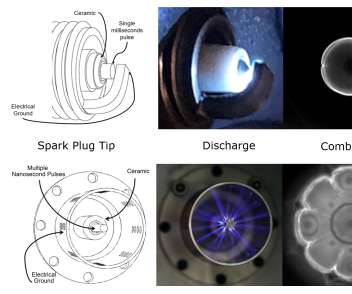Cummins progressing with lightweight downsized T2B2 diesel for pickup; 40% improvement in fuel economy over gasoline V8
Green Car Congress
JUNE 23, 2014
At the US Department of Energy’s (DOE’s) Annual Merit Review meeting in Washington, DC last week, Michael Ruth from Cummins noted that the DOE program target for the project is a fuel economy (CAFE) target of 26 mpg (9.05 However, he added, the internal goal is “ significantly higher, ” and is targeting the GHG limit.







































Let's personalize your content